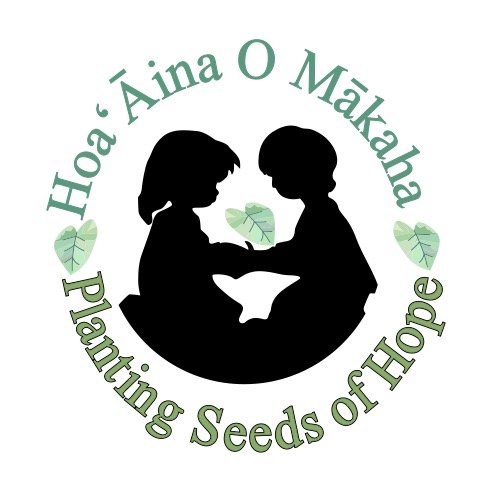Star Bulletin: Backers hope To keep students Down on the farm
They are petitioning a Makaha school principal to restore the old rules
August 5, 2000 | Original post at Star-Bulletin
By Suzanne Tswei
The vegetable gardens and cornfield at a five-acre farm next to Makaha Elementary School are nearly empty.
But supporters of the farm hope it won't be for long as they organize to petition the school principal to reinstate a popular, hands-on program that had used the farm for 13 years to teach science through agriculture, aquaculture, beekeeping and other farm operations.
"I hope we can have the kids back soon," said Luigi "Gigi" Cocquio, manager of the nonprofit farm Hoa 'Aina O Makaha.
The farm normally hosts about 700 Makaha students each semester. The students visit the farm for 40 minutes every eight days to plant vegetables, tend animals and bees and do other tasks as part of their science studies.
Cocquio said he has gathered more than 600 signatures supporting the program. Supporters crowded into a standing-room-only Board of Education meeting Thursday night to complain about the closing of the program.
Principal Clarence De Lude said yesterday that he could not allow the program to continue because of his concerns over money, safety and appropriate use of "optimum learning time." De Lude said he has made reading the top priority at the school and simply does not have the $6,000 that has been appropriated for the farm in past years.
Although safety has not been a problem in the past, De Lude said the possibility of children's getting injured on the farm poses liability issues for the school. De Lude also said he wants children to spend the morning, which is the "optimum learning time," to concentrate on their reading and other classroom work.
Students are free to go to the farm on their field trips and after school, De Lude said, but should use school hours for classroom learning.
To keep the program alive, Cocquio said he is prepared to do without the $6,000 that the farm has received yearly from the school. The money had gone toward purchasing supplies, such as animal feed and water pipes. The farm also is funded through other public grants.
"When we started this farm, we took this as a mission to teach the kids in this community. We can turn this farm into basil and herbs and make a lot of money, but we don't want to do that," Cocquio said.
Cocquio and his supporters said the farm teaches children many other lessons such as cooperation and respect for the land. "We teach them to be gentle with the land, to be gentle with each other. It's creating an attitude that they can use for the rest of their lives," Cocquio said.
William Aila, a supporter, said "miscommunications on both sides" led to the shutdown of the program. He urged the school administration to work with teachers and the community to reach an agreement.
Aila said his nieces and nephews in the program described it as enjoyable, exciting and beneficial. The interpersonal skills children learn from being on the farm are essential to living in the Waianae community because of its Hawaiian culture that values verbal ability above reading skills.
Children who are not drawn to book learning can be inspired by their farm experience and become interested in reading and learning, Aila said.
"The farm is like having another tool to teach the children. Since we are talking only about $6,000, for that manini amount of money, we should have another tool in our tool chest. It's a no-brainer."

